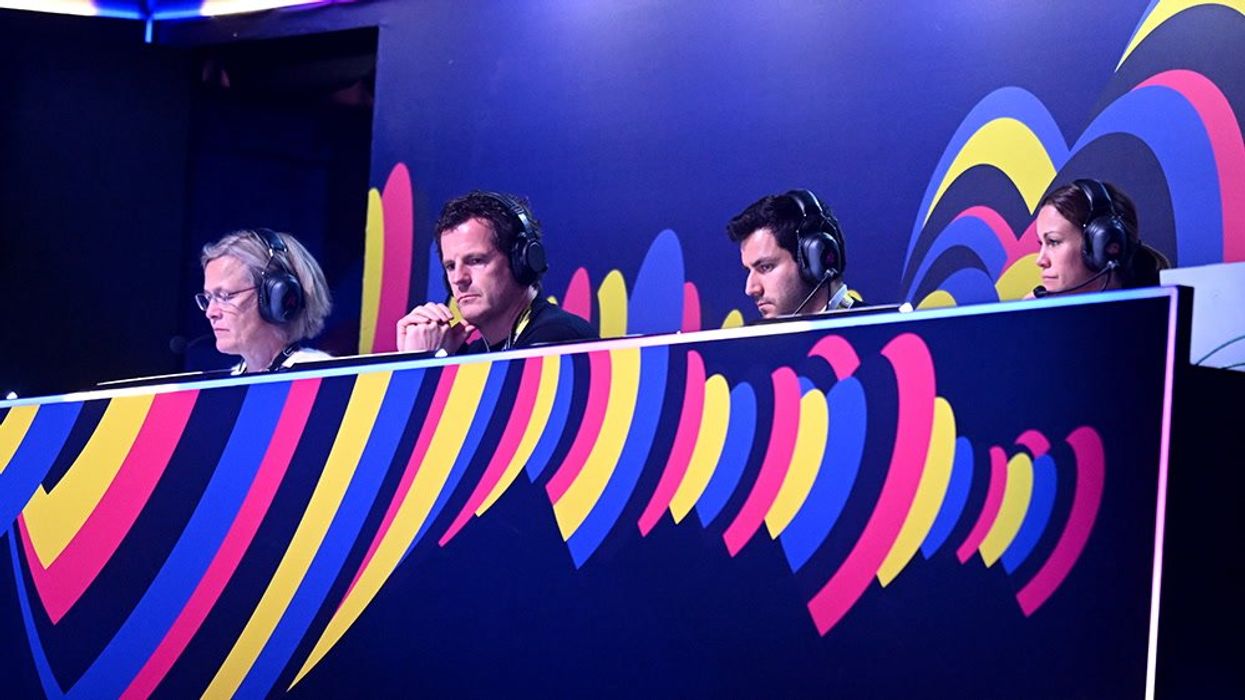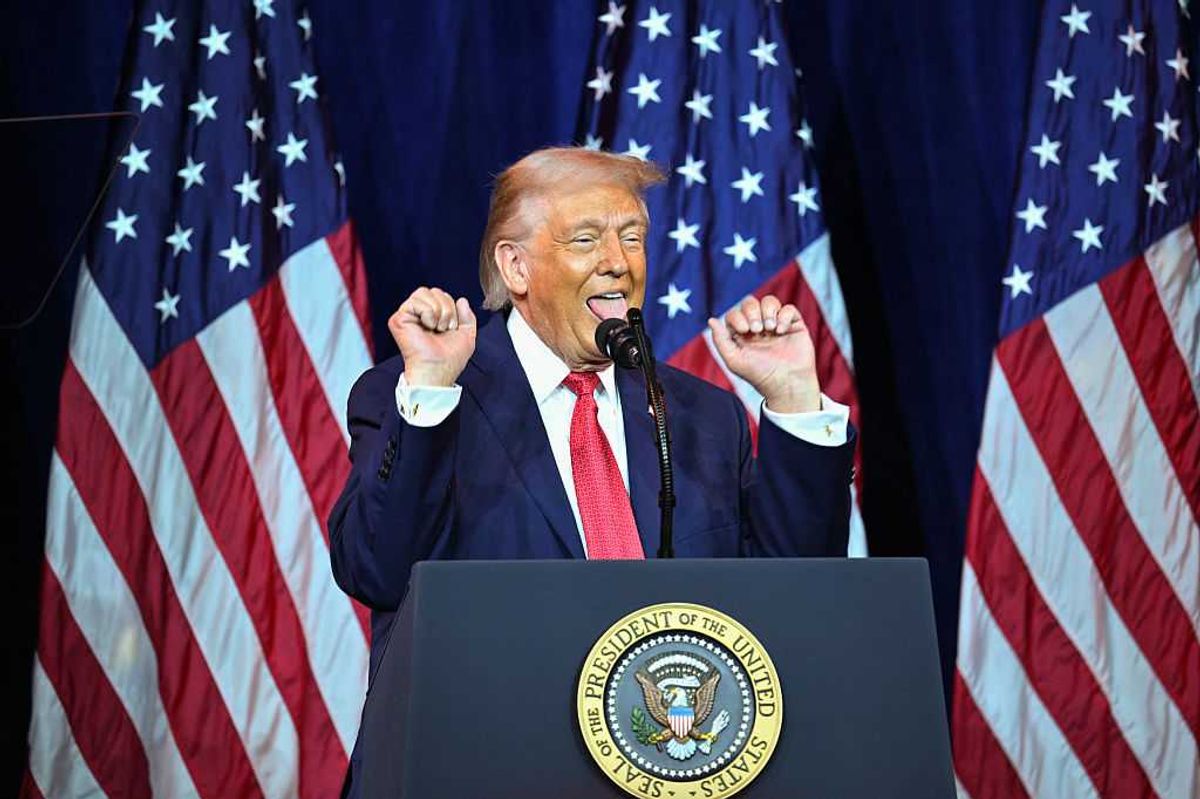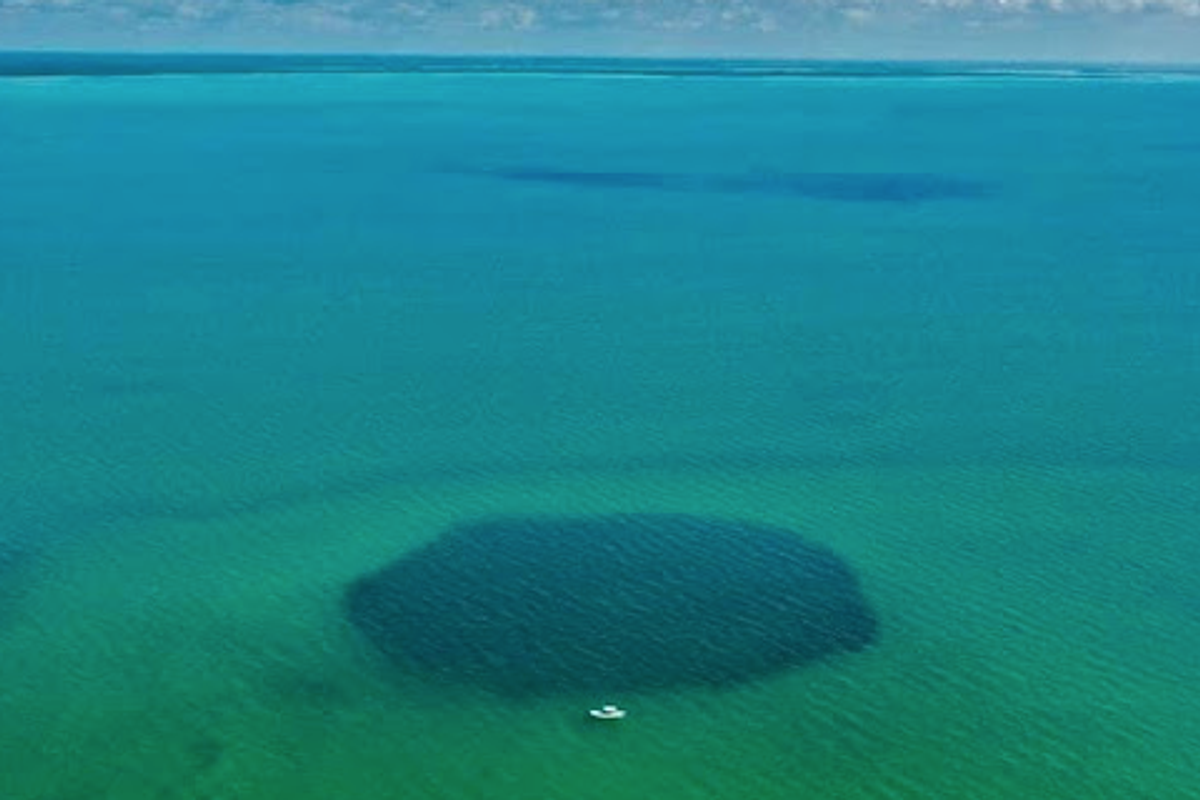Kate Plummer
May 16, 2025
Eurovision: How the voting works – and what has changed for 2023
The Eurovision 2025 final is taking place this weekend and it's time to get hyped.
The annual song competition will see over 30 countries battle it out to win glory, pride, and the rights to host the competition next year, which this year is being held in Switzerland.
This year, everything could change, but it is not just the quality of a song that has a role in deciding the winner - politics has a role too.
Indeed, countries often treat the naff songs as almost a proxy war to show their displeasure at the geopolitical situation.
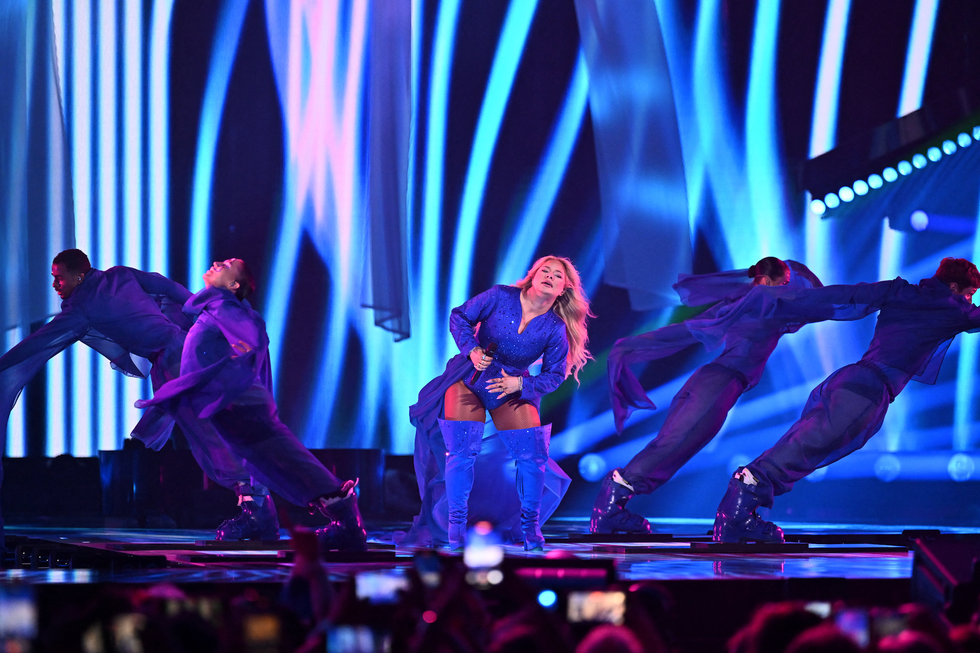
Sign up to our free Indy100 weekly newsletter
But firstly, let us explain the voting system which has been in place since 2016. Voting in the grand final is split 50/50 between jurors and the public, with the jury vote decided upon by a panel of five music industry experts from each of the participating countries.
The jurors will each rank their top ten songs, giving 1-8 points for the first eight, then 10 points and 12 points for their top two.
These points are announced by jury representatives who appear on the screen during the first half of the competition.
The second half of the voting consists of announcing the public votes – which once again see the votes from each country broken down into 1-8, 10 and 12 points.
However, in this instance, the points given to each song are added up into one figure which is announced in the second half of the voting.
Now for the politics of it all.
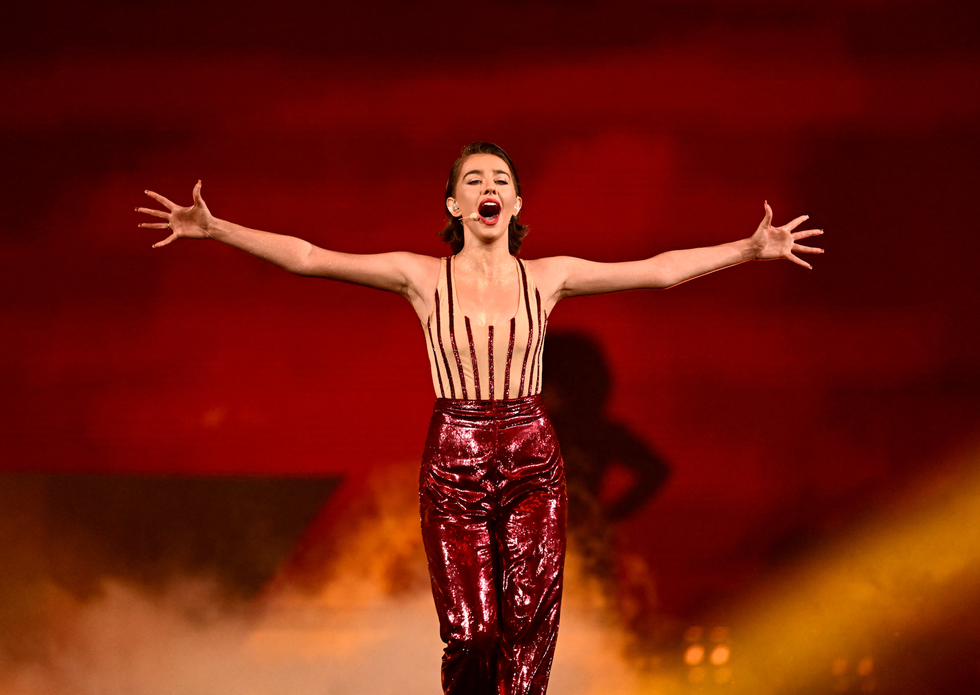
Take Ukraine, for instance. The country banned Russia's performers from entering the country when they hosted Eurovision in 2017 in protest against Vladimir Putin annexing a region in Crimea.
A year previously, in 2016, Ukraine won the competition with Jamala's song '1944', which covered Joseph Stalin's enforced wartime deportation of the Tatar people to Central Asia.
The song narrowly pipped Russia's entry that year, inspiring Kremlin officials to claim there was an "information war" against their country.
Alexey Pushkov, head of the State Duma foreign affairs committee, wrote on Twitter that the contest had become "a field for political battles".
The UK has also been dragged into the mix. In 2003, the nation's act, Jemini achieved "nul points" (no points) after their performance of Cry Baby.
The bad score was partly blamed for the UK's involvement in the invasion of Iraq.
Then there are the voting blocs of countries that support each other. Unsurprisingly, these are mostly defined by geography and political affiliation.
Remember Monday – What The Hell Just Happened? | United Kingdom 🇬🇧 | Second Semi-Final | Eurovisionwww.youtube.com
Derek Gatherer, a lecturer at Lancaster University, has established a list of them which include the Viking Empire of Scandinavian countries and the Balkan Bloc made up of former Yugoslavian countries - as well as Romania, Serbia and Albania.
He also identified The Pyrenean Axis which includes Andorra and Spain.
There is also an apparent informal alliance between the UK, Ireland and Malta, which have consistently voted for each other over the years.
Eurovision expert Dr Paul Jordan explained to Sky News: "Every year the UK depends on those seven or eight points from Ireland, to save us from the dreaded nul points."
He added that Greece and Cyprus have typically voted for each and not for Turkey.
Jordan said the members of the Balkan bloc, typically one of the largest in the competition, tend to vote for each other for cultural reasons rather than loyalty.
He explained: "Bosnia and Serbia and don't really get on, and Albania and Serbia don't really get on, but they tend to vote for each other in Eurovision."
So there you have it, Eurovision is more than just a naff version of the X-Factor.
Have your say in our news democracy. Click the upvote icon at the top of the page to help raise this article through the indy100 rankings.
Top 100
The Conversation (0)
